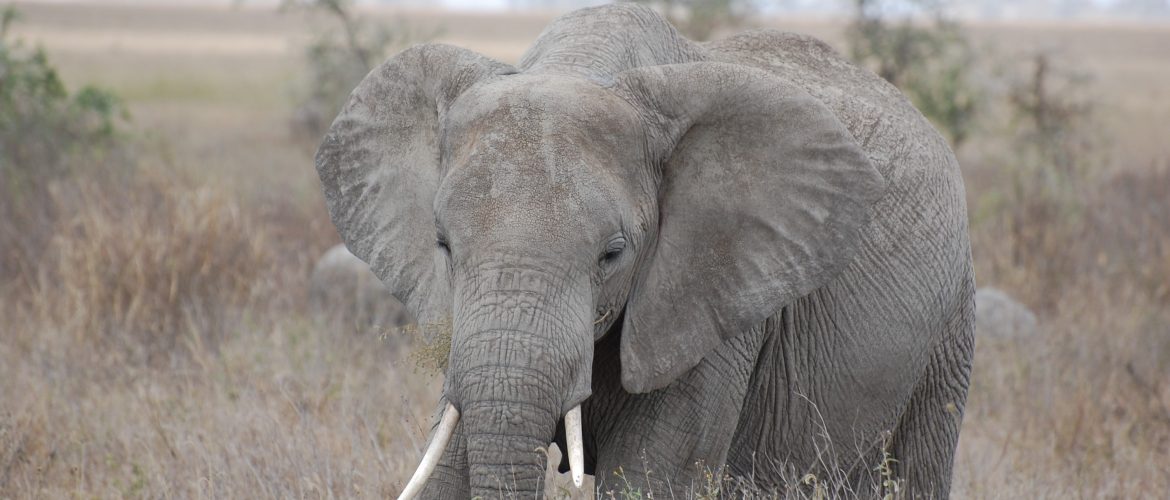For decades, countries across the Global South have been calling on rich countries to accept responsibility for greenhouse gas emissions that have increased global temperatures and resulted in irreversible damage across the world. Finally, at the 2022 UNFCCC conference of the parties (COP27), world leaders agreed to a dedicated “loss and damage” fund providing financial assistance to poor nations affected by climate disasters.
The key rationale for providing reparations related to loss and damage from climate change is based on justice. In a few words: rich countries, who have historically contributed the most to climate change and benefitted disproportionately from it, are now required to compensate poorer nations that are more vulnerable to its impacts, following the “polluter pay” principle.
Fund for biodiversity loss
Financial compensation should be paid by rich nations for the loss and damage of biodiversity disproportionately affecting the Global South, argue Dilys Roe and co-authors in a Comment piece in Nature Ecology & Evolution.
This is because habitat loss and overexploitation of resources in poor countries are driven by consumption patterns in the Global North. Like climate breakdown, the loss of wildlife has significant social and economic impacts. For local people, this means loss of resources for food and energy, fewer income opportunities, and losses of territory and of cultural values. The authors discuss how potential economic opportunities for these countries are undermined by historical injustices and power imbalances.
‘Consumer pays’ Principle
While the principle of the ‘polluter pays’ for climate change is widely recognized, the principle of the ‘consumer pays’ for biodiversity loss is perhaps less obvious. In other, words, richer countries effectively paying compensation for their consumption that contribute to biodiversity loss.
More information: Roe, D., Holland, E., Nisi, N. et al. Loss and damage finance should apply to biodiversity loss. Nat Ecol Evol (2023). https://doi.org/10.1038/s41559-023-02088-8
References:
Phys.org. (2023, May 29). Researchers argue wealthy nations should pay for loss of biodiversity. URL: https://phys.org/news/2023-05-rich-nations-pay-loss-biodiversity.html?deviceType=desktop. [Accessed in May 2023]
Roe, D., Holland, E., Nisi, N. et al. Loss and damage finance should apply to biodiversity loss. Nat Ecol Evol (2023). https://doi.org/10.1038/s41559-023-02088-8
The Guardian (2023, May 29). Loss and damage fund for nature loss proposed for developing world. URL: https://www.theguardian.com/environment/2023/may/29/loss-and-damage-fund-nature-developing-world-aoe. [Accessed in May 2023]


